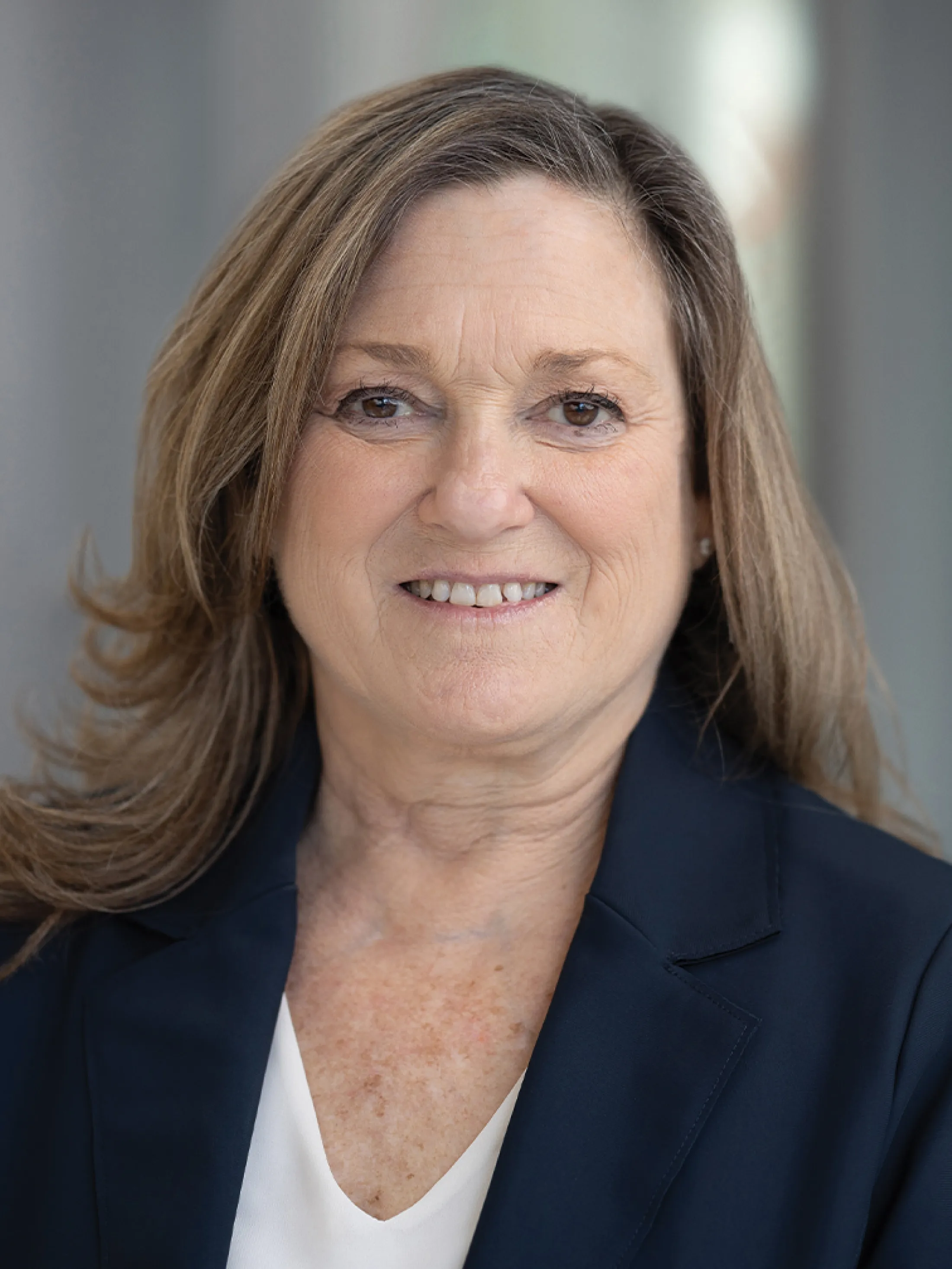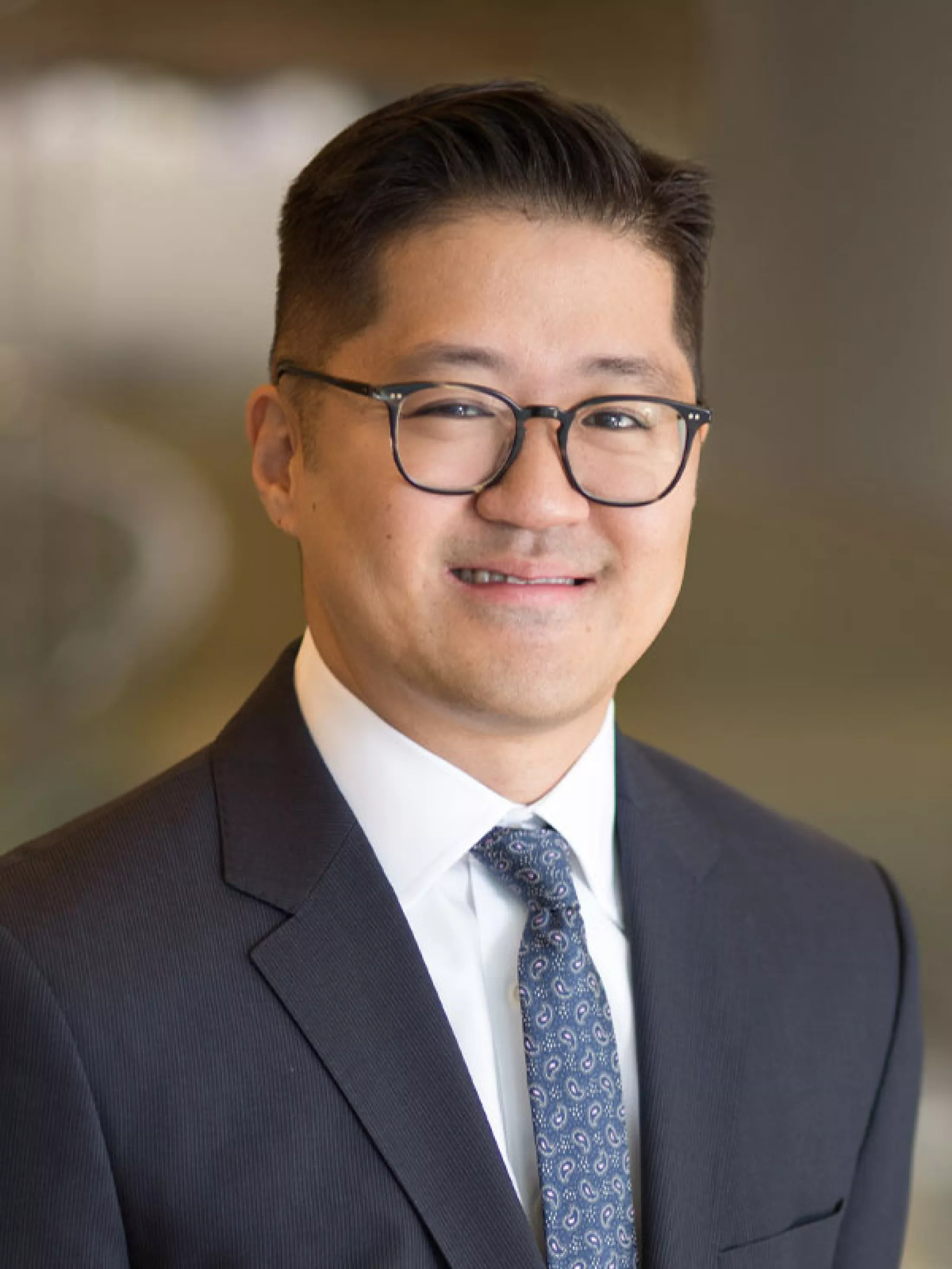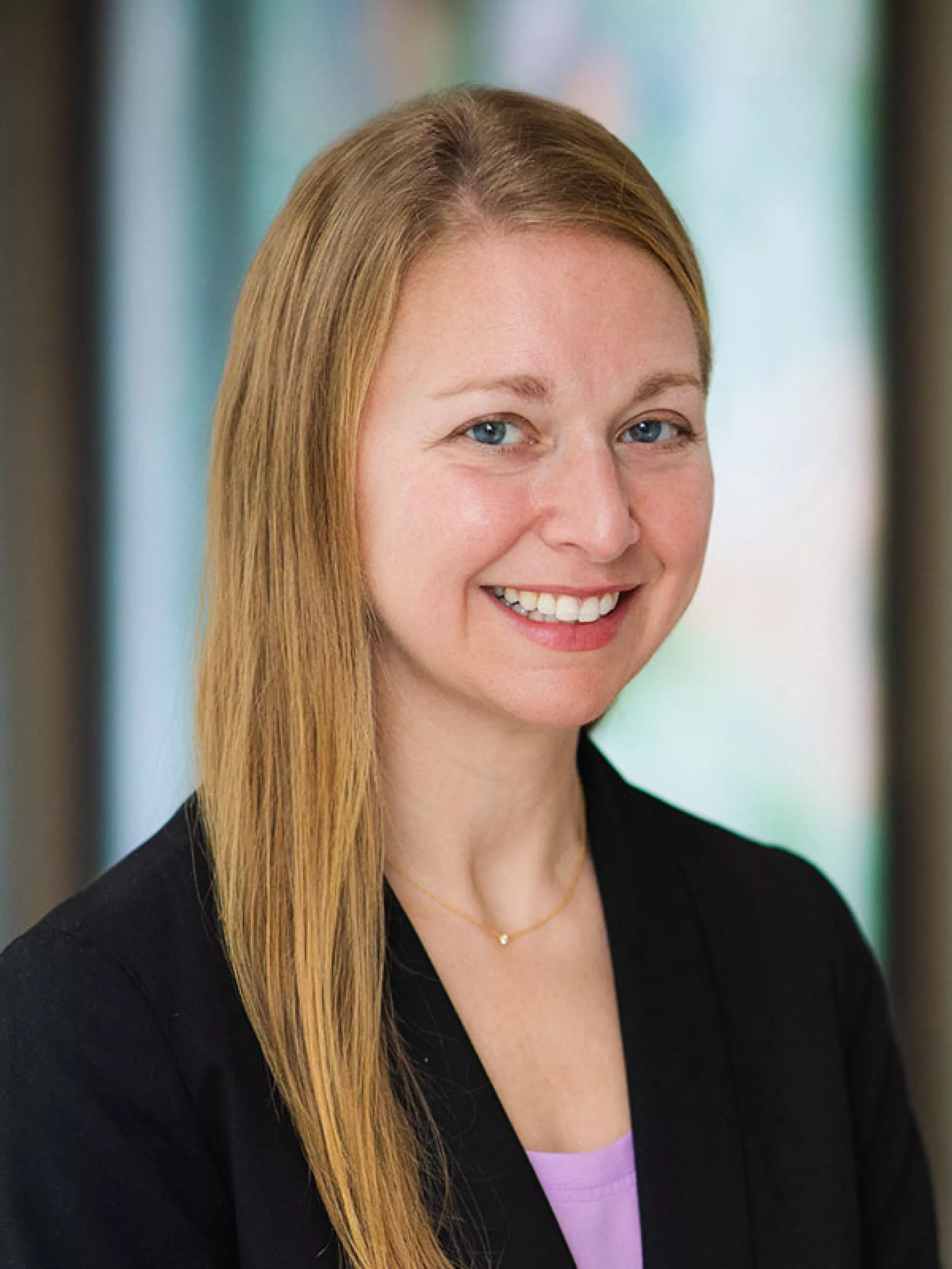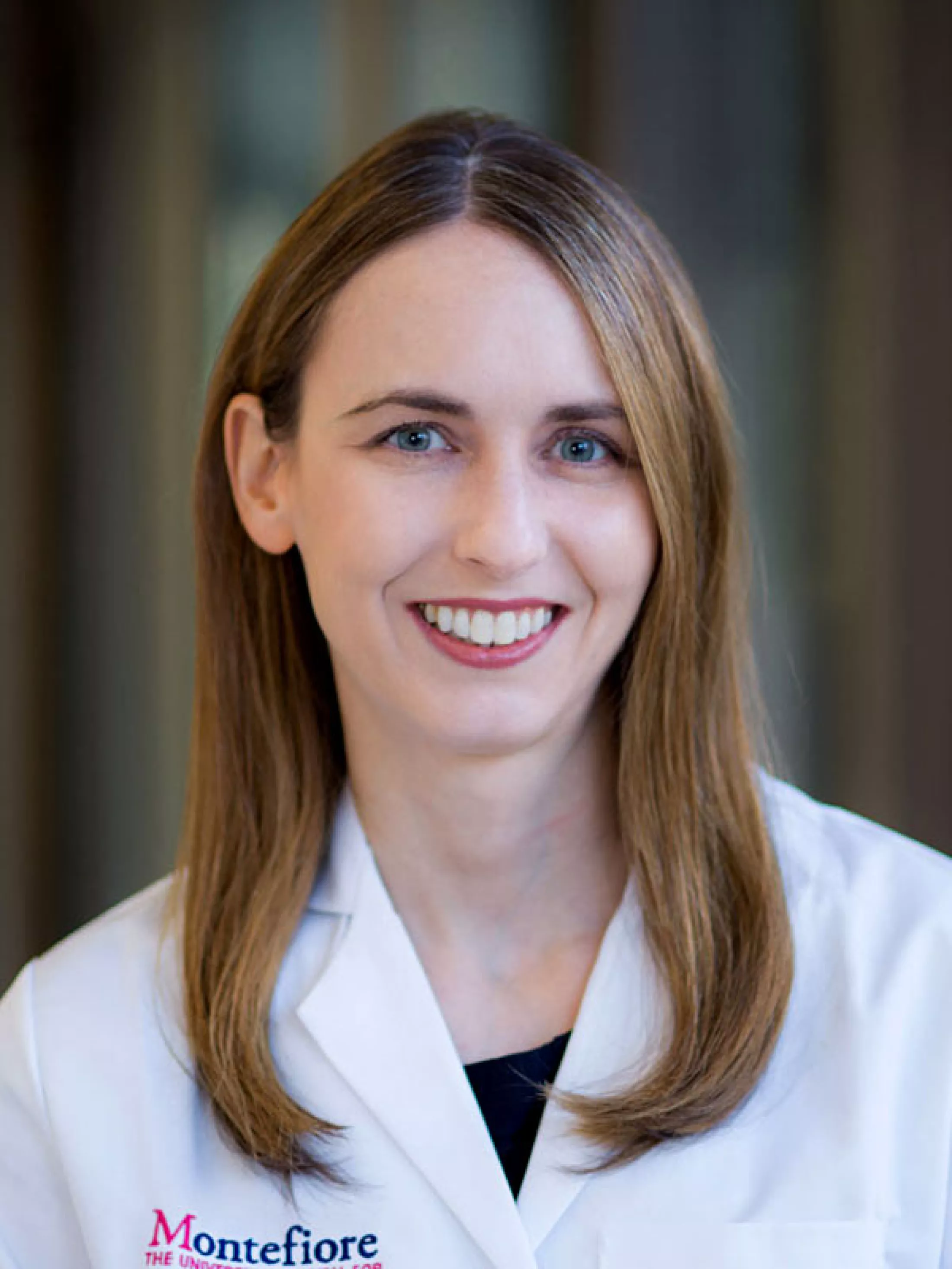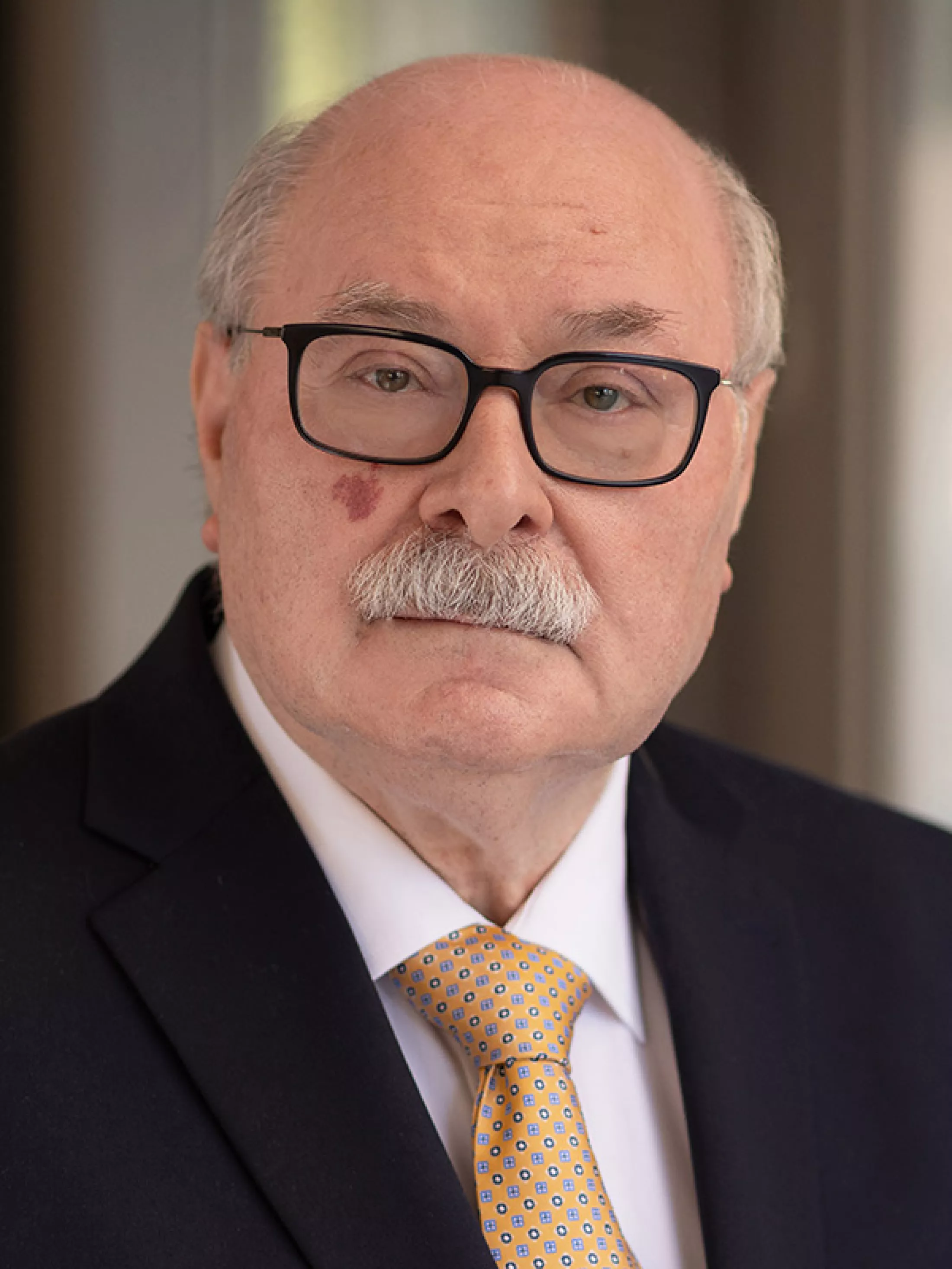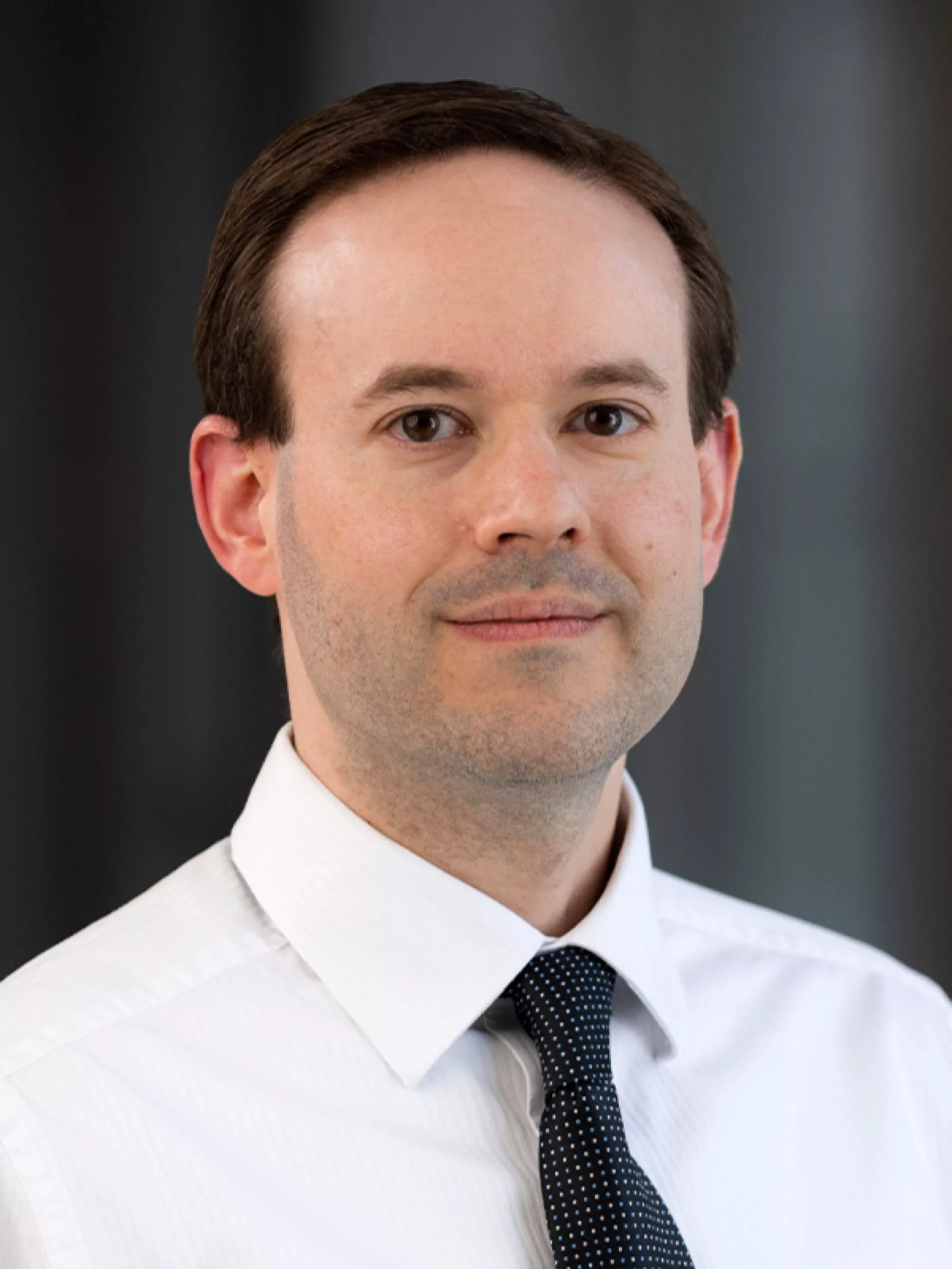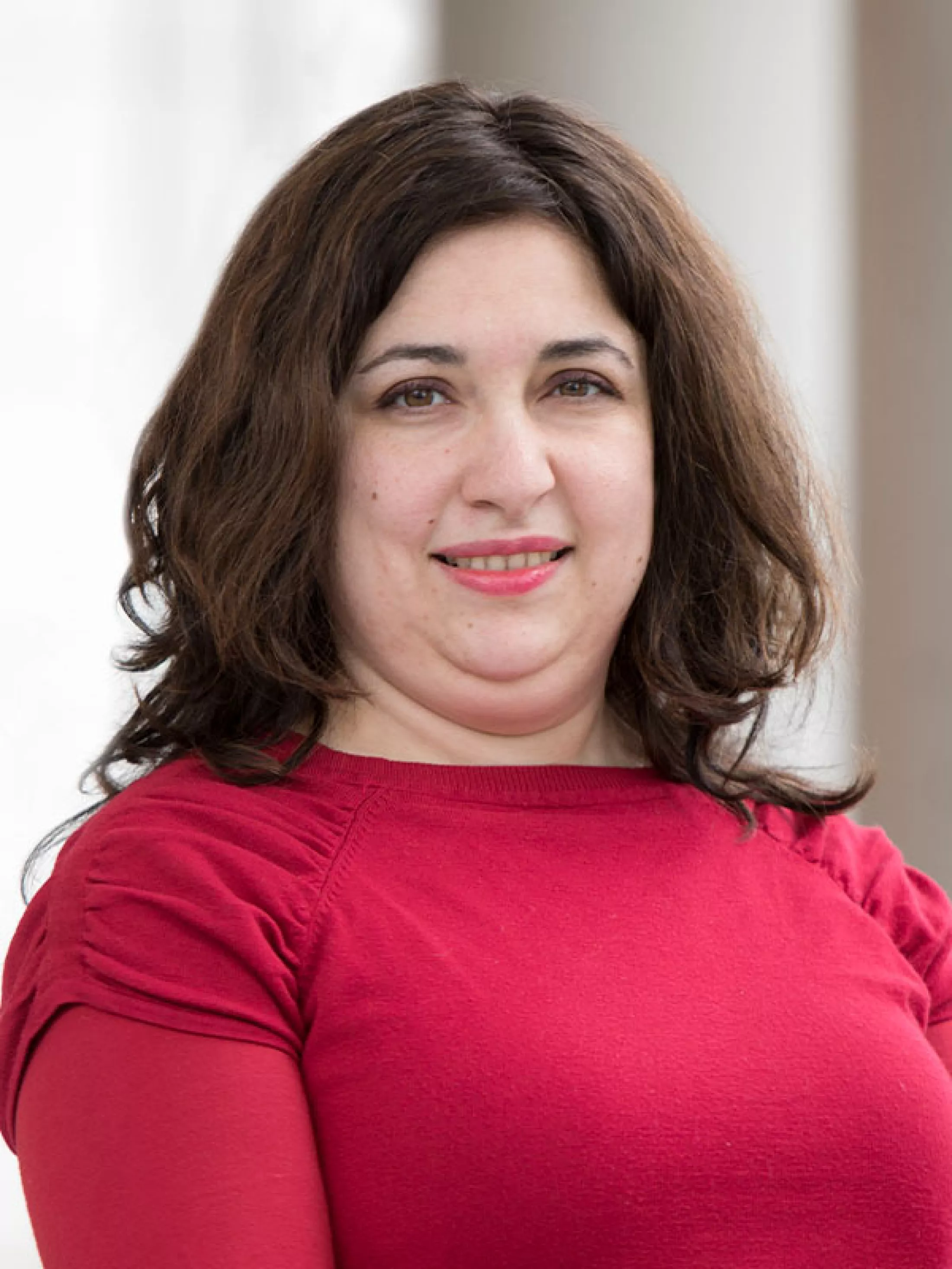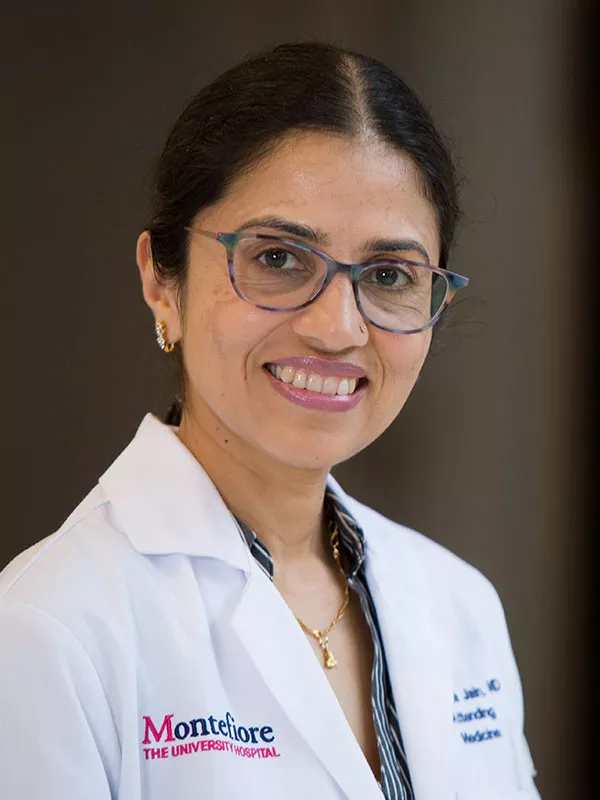Antimicrobial Stewardship Program
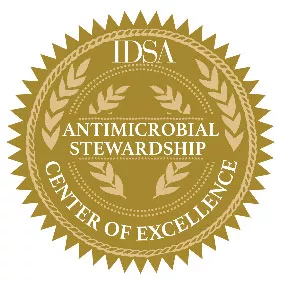
Our Mission
- To promote responsible and rational antimicrobial use by providers and patients alike
- To increase public health awareness about the threat of antimicrobial resistance
- To educate and empower clinical champions of antimicrobial stewardship
- To mentor stewardship leaders of tomorrow

What We Do
As much as 50 percent of all antibiotic prescriptions are considered “inappropriate.” Experts consider antibiotics to be “inappropriate” when they are prescribed for non-bacterial infections, the spectrum of coverage is overly broad and potentially toxic, the dose is inaccurate for the host, or the intended duration is too long. “Inappropriateness” contributes directly to medication side effects, interactions, kidney and liver dysfunction, Clostridioides difficile infections (CDI), and the emergence of multi-drug resistant pathogens. As early as 1945, Sir Alexander Fleming, the pioneer of the antibiotic era, warned that the overuse of antibiotics “clearly drives the evolution of resistance.”
In 2014 President Obama introduced multi-drug resistance as a national security issue and recognized antimicrobial stewardship as the first line of defense. In 2016, the Centers for Medicare and Medicaid Services and the Joint Commission joined the narrative by emphasizing the need for stewardship across the healthcare continuum (inpatient and ambulatory sites). Mainstream recognition of the scope of antibiotic resistance allows us to implement meaningful solutions. CDC’s “Core Elements of Hospital Antibiotic Stewardship Programs” provide a framework for successful ASP development. These include:
- Leadership Commitment
- Action
- Education
- Accountability
- Tracking
- Drug Expertise
- Reporting
In July 2008, Montefiore Medical Center initiated a multifaceted interdisciplinary stewardship program to educate, support, and advise practicing physicians throughout its extensive Bronx network of hospitals, ambulatory care clinics, and nursing homes. Stewardship operations occur at each of our academic campuses (Moses, Einstein, and Wakefield) and the Children’s Hospital at Montefiore (CHAM). Our strategic stewardship plan is adapted from the Infectious Diseases Society of America (IDSA) guidelines and upholds the CDC’s core stewardship elements to the highest degree. Together with institutional liaisons and stewardship champions, we provide aggregate data on antimicrobial resistance and microbiology, and promote antimicrobial prescribing best practices. Montefiore Einstein Stewardship members have published in the areas of rapid diagnostic technology and stewardship, quality improvement initiatives to improve community acquired pneumonia management, stewardship and Clostridioides difficile infection, stewardship and HIV, stewardship in outpatient parenteral antibiotic therapy, carbapenem-resistant Klebsiella and other enterobacteriaceae, medical education in stewardship and infection prevention, and stewardship in special populations.
The Antimicrobial Stewardship Program at Montefiore is featured by the Joint Commission
Sanford Guide:
Montefiore Einstein has partnered with the Sanford Guide on an ID and antimicrobial web resource and smartphone app. This is free for all Montefiore.org or Einstein.edu users. Featured content includes hospital and ICU antibiograms, empiric antibiotic guidelines, renal dosing guidelines, malaria protocols, Infection Prevention isolation guidelines, and much more.
Go to https://webedition.sanfordguide.com/en on your work desktop. You can then register for the smartphone app from here
Clinical Guidelines, Protocols, Antibiograms
ICU-specific Antibiograms
Syndrome-specific guidelines
Stewardship Lectures for Skilled Nursing Facilities
Syndrome Based Microbiology
Other Resources
Aerosolized Antimicrobials Policy and Procedure
Antimicrobial Restriction Policy
C difficile Treatment Guidelines
Extended Infusion Dosing Guidelines
GI Pathogen Panel Treatment Recommendations
HIV Antiretroviral Medication
NYC Antibiogram
Procalcitonin Guidelines
Renal Dosing
SSI Ortho Protocol
Surgery Prophylaxis
Vancomycin Dosing Guidelines for Adults
CHAM Antimicrobial Stewardship Program
Julia A. Piwoz, MD
Director, Pediatric Antimicrobial Stewardship, CHAM
IJ Anosike, MD
Director, Pediatric Diagnostic Stewardship CHAM
Shipra Gupta, MD MS
Infection Control, CHAM
Montefiore Einstein Stewardship Team
Priya Nori, MD
Medical Director of ASP and OPAT
Yi Guo, PharmD, BCIDP
Director, Clinical and Educational Pharmacy Services
Mei H. Chang, PharmD, BCCCP, BCIDP
Pharmacy Lead, Antimicrobial Stewardship Program
Kelsie E. Cowman, MPH
Senior Staff Scientist
Rachel Bartash, MD
ASP in Special Populations
Hongkai (Jack) Bao, PharmD, BCIDP
Wakefield Campus
Our Partners and Champions
ID Division
Liise-anne Pirofski, MD
Chief, Division of Infectious Diseases
Professor, Departments of Medicine (ID) and Microbiology & Immunology
Microbiology Laboratory
Wendy A. Szymczak, PhD, D(ABMM), MT(ASCP)
Director, Clinical Microbiology Lab
Associate Professor, Department of Pathology
Philip Gialanella, BS, MS
Assistant Director, Clinical Microbiology Lab
Senior Associate of Pathology, Department of Pathology
Infection Prevention and Control
Gregory D. Weston, MD, MS
Infection Control, Moses Campus
Inessa Gendlina, MD, PhD
Hospital Epidemiologist
Infection Control
Ruchika Jain, MBBS, MD
Infection Control, Moses Campus
Marilou Corpuz, MD
Infection Control, Wakefield Campus

